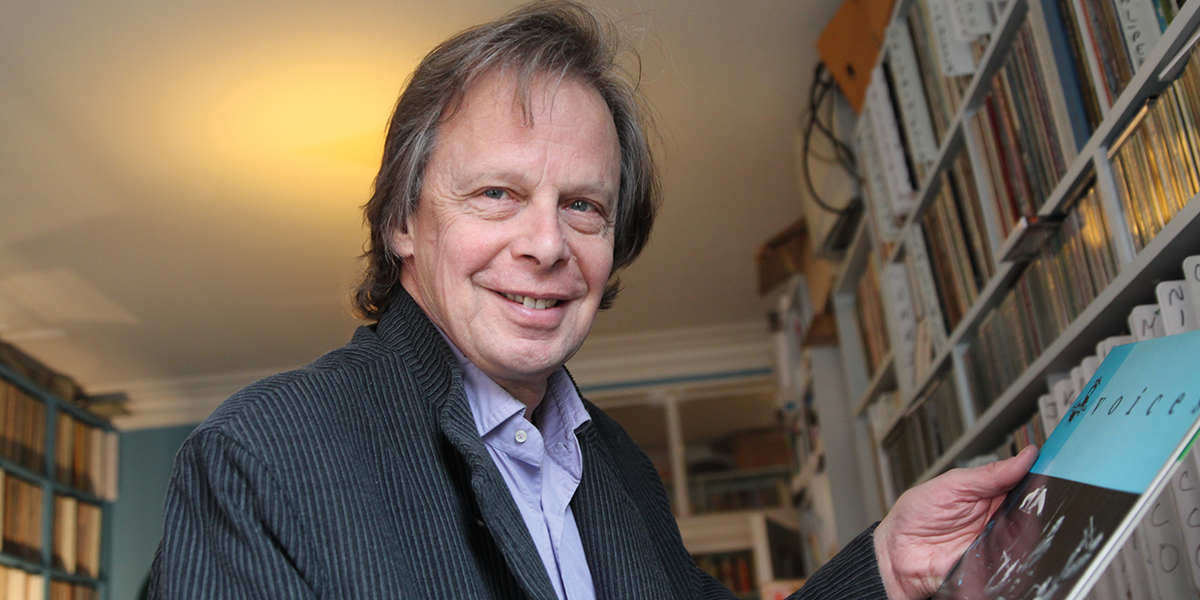Thursday, July 18, 2024
Joe Boyd's New Book Reveals the West's Fascination with Music from Around the World
Decades in the making, the new book from influential US producer Joe Boyd is the definitive history of how non-Western music became popular across the world

Joe Boyd

Register now to continue reading

Thanks for visiting the Songlines website, your guide to an extraordinary world of music and culture. Sign up for a free account now to enjoy:
- Free access to 2 subscriber-only articles and album reviews every month
- Unlimited access to our news and awards pages
- Our regular email newsletters

